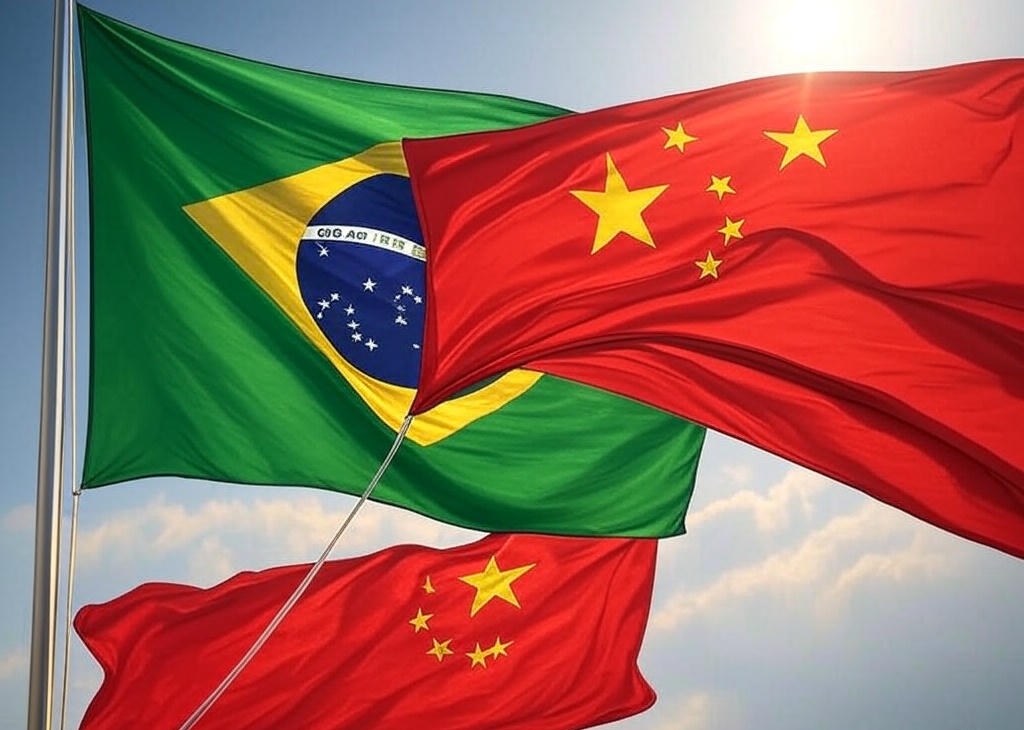Brazil has signed a trade protocol with China that will allow the export of distillers’ dried grains (DDGS), a high-protein ethanol byproduct used in animal feed, posing a direct challenge to the United States’ near-monopoly in the Chinese feed market.
The agreement was announced Tuesday during President Luiz Inácio Lula da Silva’s visit to China.
It covers DDGS and other agricultural products and marks the culmination of two years of negotiations, now finalized amid rising US-China trade tensions.
DDGS, a nutrient-rich byproduct of ethanol production, is widely used to feed pigs, cattle, and poultry.
According to Chinese customs data, U.S. suppliers accounted for 99.6% of China’s DDG imports in 2024, worth $65.7 million.
“This opens the door for Brazil to become another supplier and offer China an alternative in animal nutrition,” said Guilherme Nolasco, president of Brazil’s National Corn Ethanol Union (UNEM). “It helps strengthen ties between our agricultural sectors.”
The timing aligns with China’s strategy to diversify away from US agricultural imports, driven by geopolitical and economic frictions with Washington.
Brazil’s ethanol push fuels DDG ambitions
Brazil’s expanding corn ethanol sector has led to increased DDGS availability. Nolasco said around 10 new ethanol plants are under construction, set to come online within 2-3 years.
By 2025/26, Brazil could produce up to 5 million tons of DDGS annually, positioning it as a global exporter.
The Chinese market offers a major outlet. Its rising demand for livestock feed complements Brazil’s production surge and supports profitability in the ethanol industry.
Wider agricultural trade gains
Beyond DDGS, Brazil and China also signed protocols enabling exports of poultry and extractive fishery products. These moves reflect broader efforts under President Lula to deepen agricultural and economic ties with China.
Brazil is already a key supplier of soybeans and beef to China. Expanding into ethanol byproducts and animal protein reflects a diversification in their BRICS-based trade relationship.
As global trade realigns amid political tensions, Brazil’s entry into the Chinese DDG market could reshape the supply chain.
While the US remains a major player, Brazil’s emergence adds competition and flexibility.
If Brazil meets its production goals and strengthens diplomatic ties, its DDGS could soon become a regular component in China’s animal feed industry, marking a shift in global agricultural trade dynamics.
The post Brazil inks ethanol byproduct export deal with China, targets US feed dominance appeared first on Invezz

